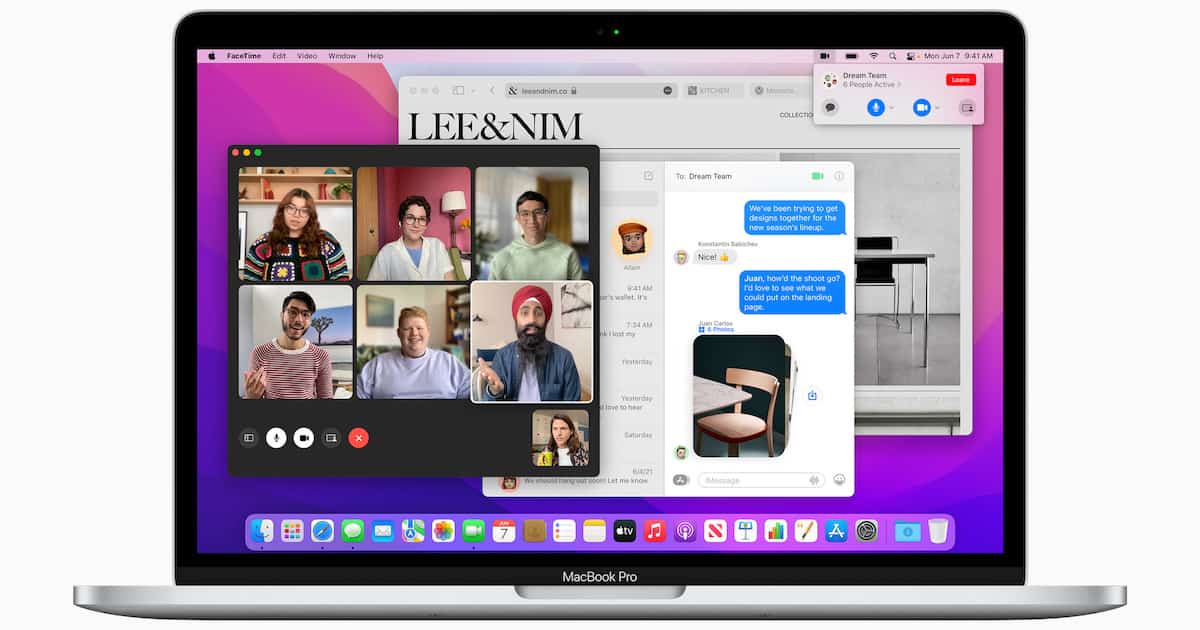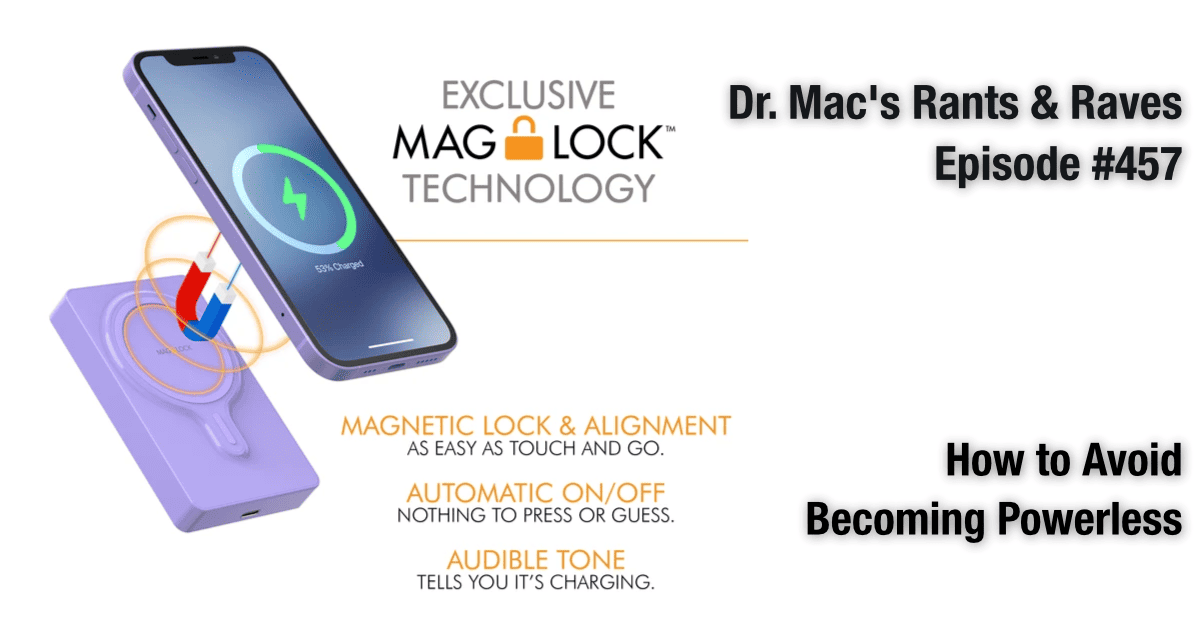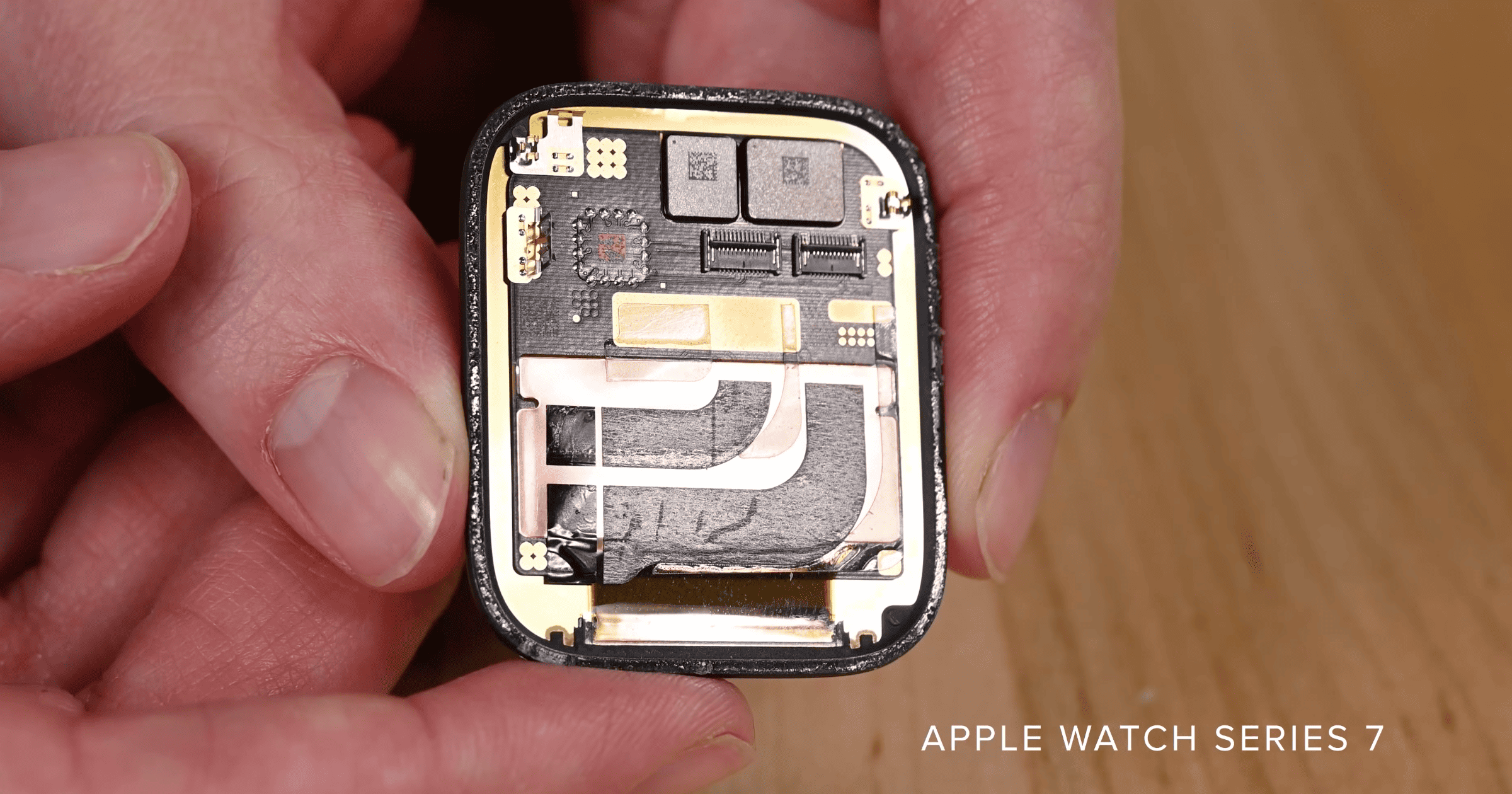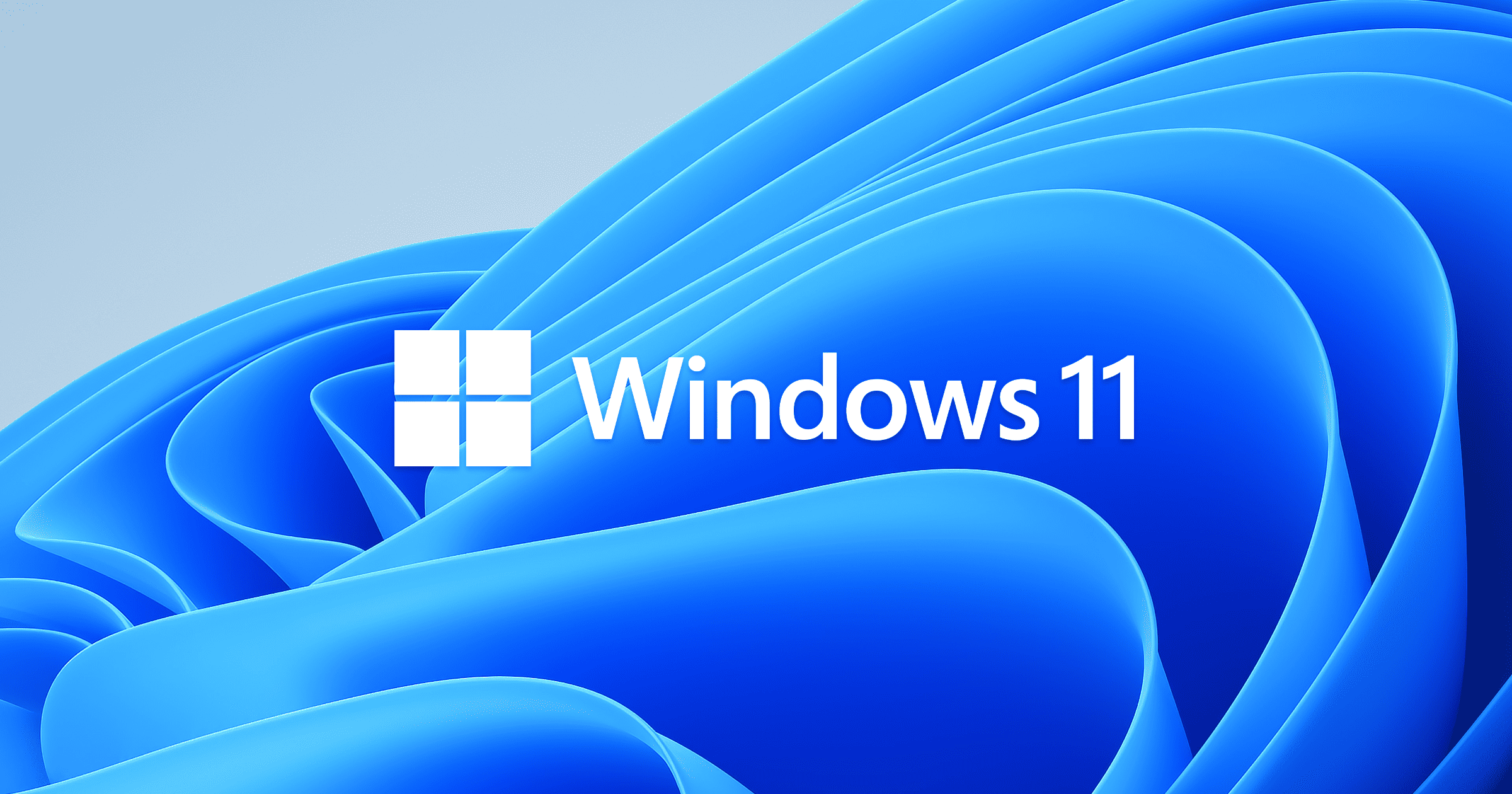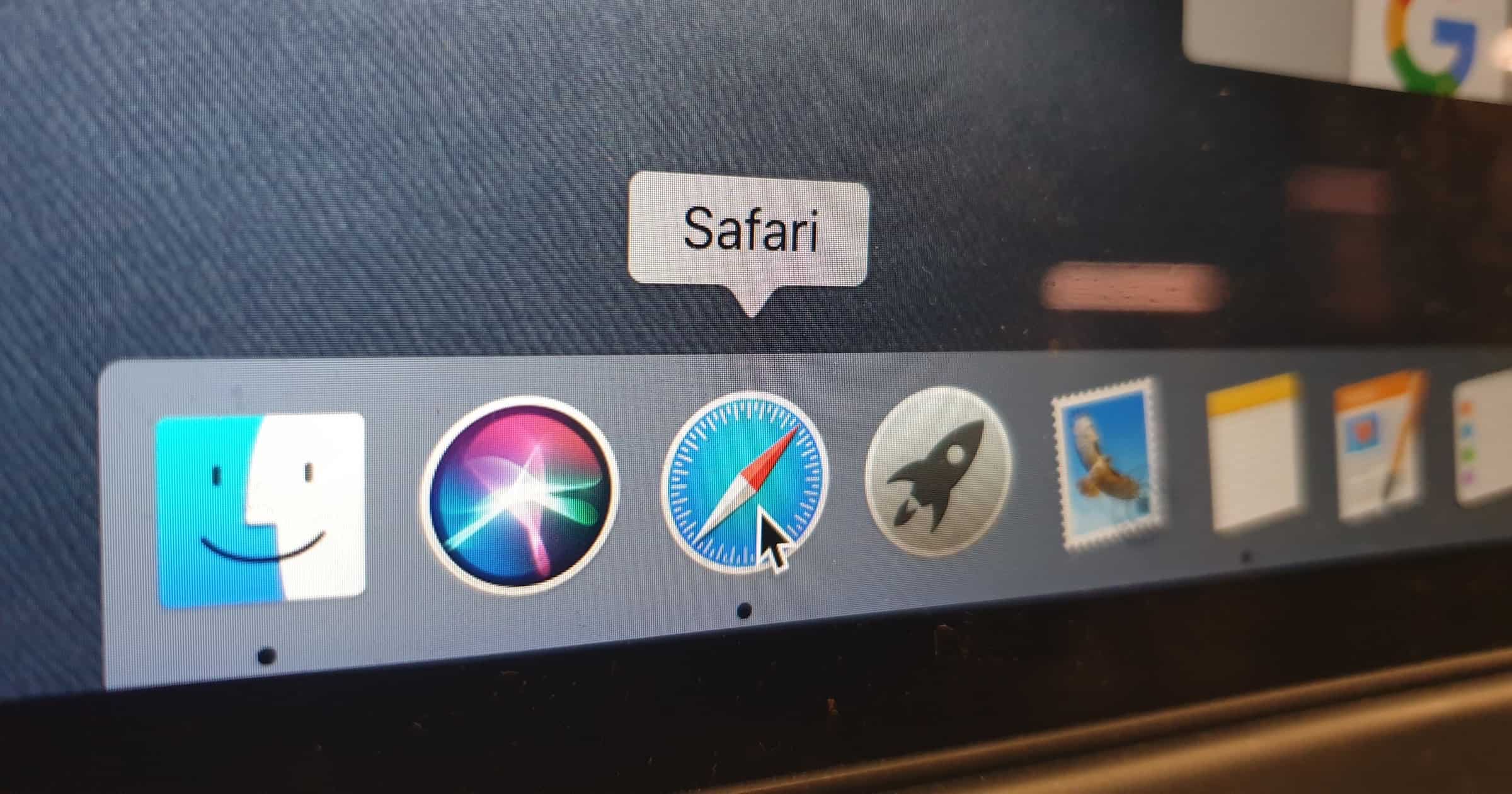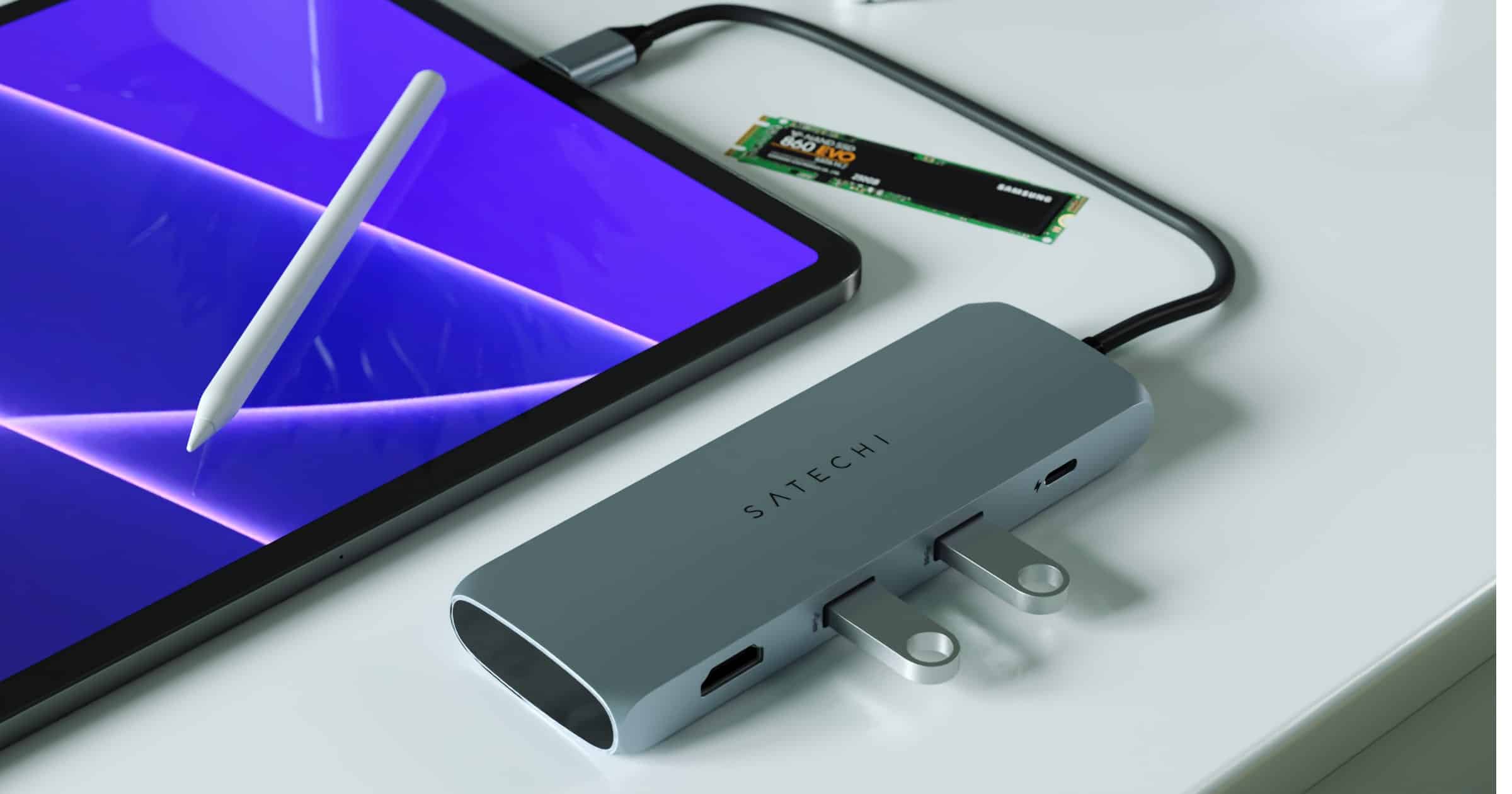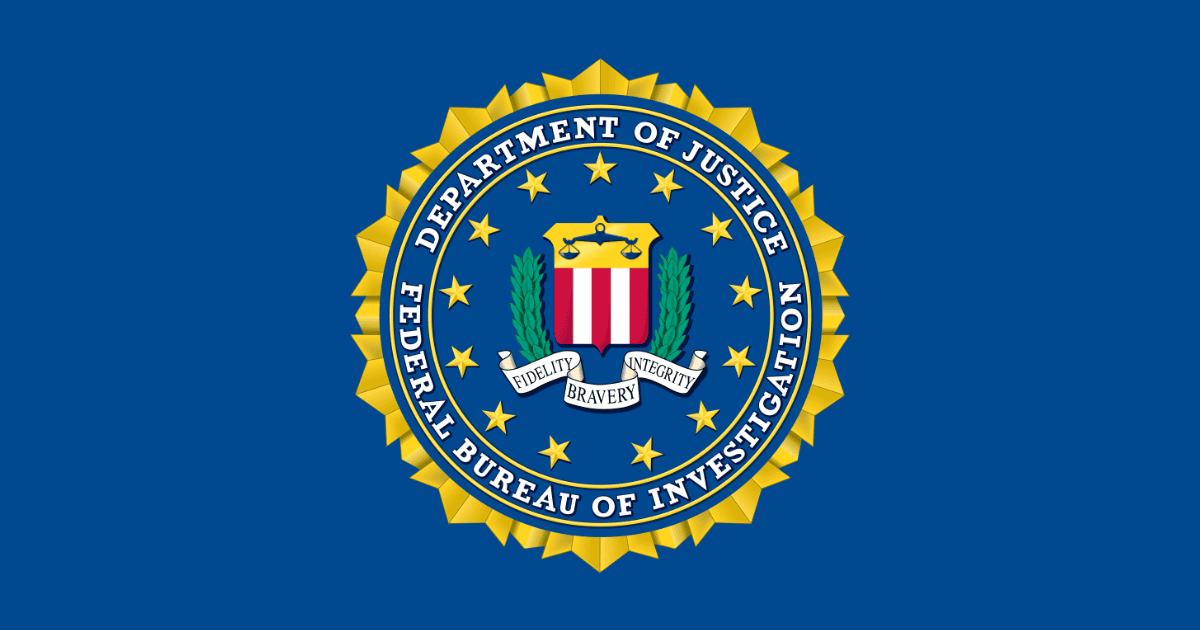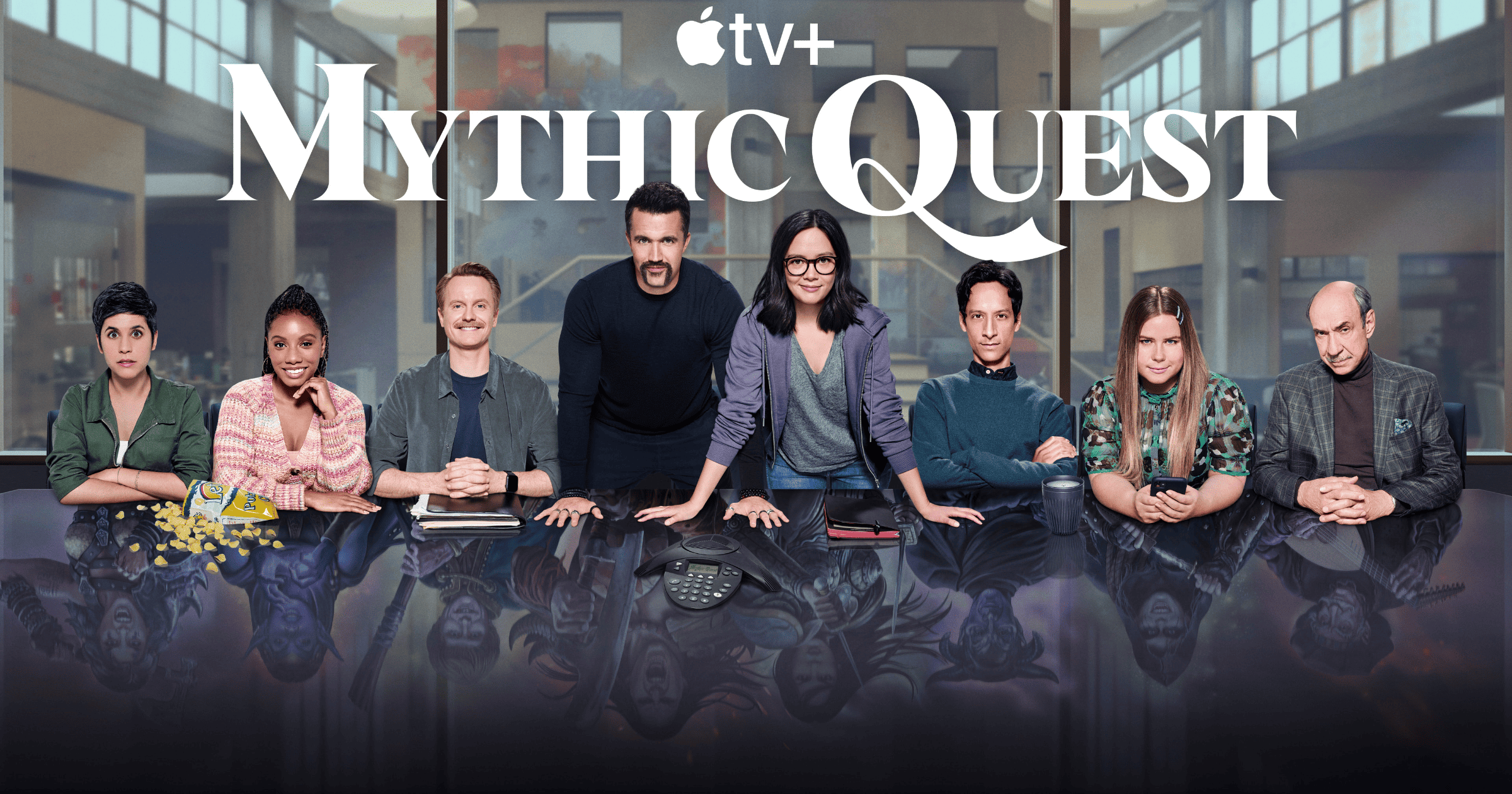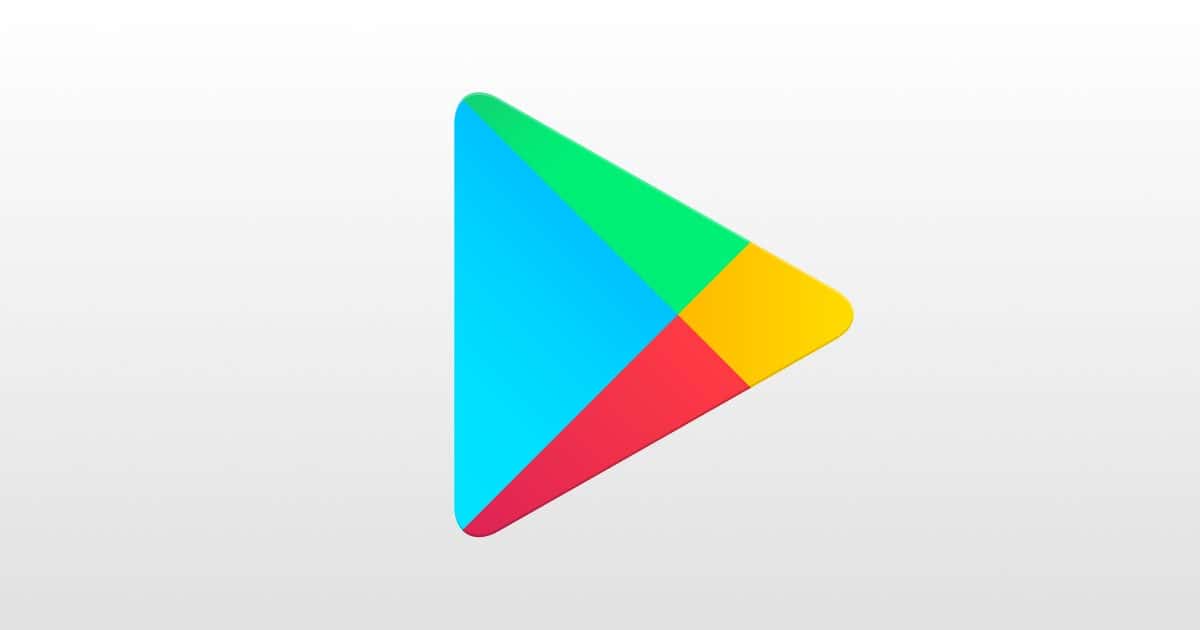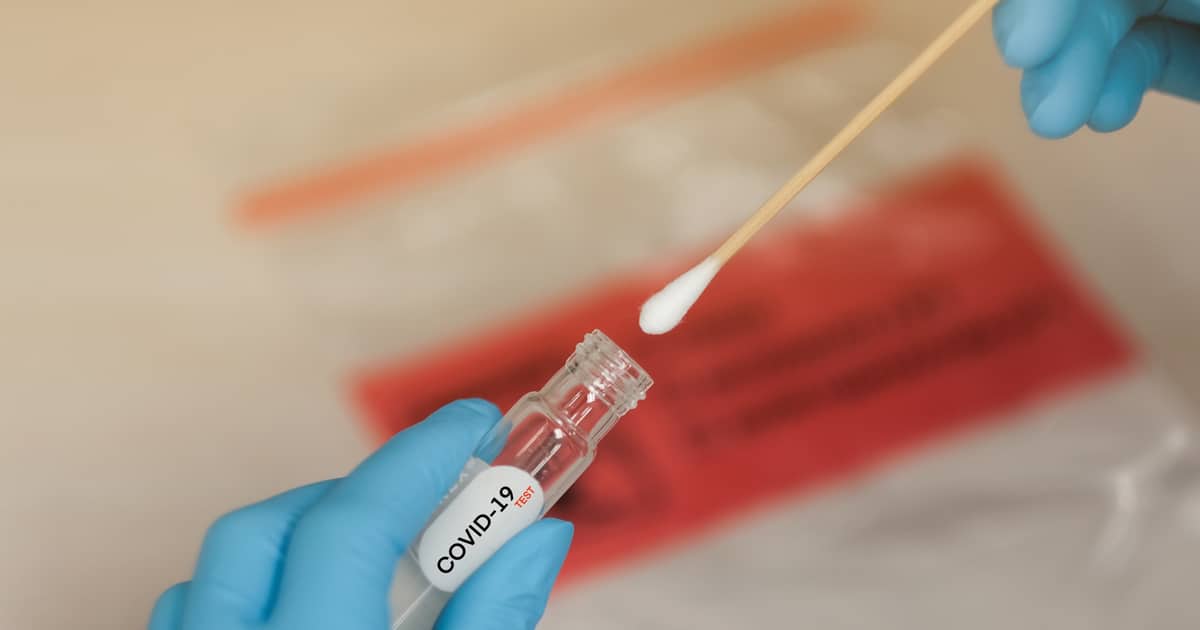Learn about iCloud’s New Recovery Service from Mac Geek Gab 895, then visit this Apple Support Page for more information.
Should You Install macOS Monterey On An Unsupported Mac?
Is it a good idea to install macOS Monterey on an unsupported Mac? Find out in this video tip from Mac Geek Gab 894
The M1 Pro Vs. M1 Max Chip
Apple recently unleashed TWO new chips with their new MacBook Pros. Watch this mini-segment from Mac Geek Gab 896 to learn more about the M1 Pro and M1 Max Chip.
What You Need To Know About macOS Monterey
Apple’s macOS Monterey comes out on Monday, October 25th. Watch this mini-segment from Mac Geek Gab 896 to learn more about what to expect!
Security Friday: News and Apple Watch Tips – TMO Daily Observations 2021-10-22
Andrew Orr joins host Kelly Guimont to discuss Security Friday news and updates on ransomware and hacking, and share how your Watch can make you safer.
ISPs Demand More Money Because of 'Squid Game' Streaming
ISPs are demanding more money for use of their networks because Netflix show Squid Game is too popular.
Coinstar Adds Bitcoin ATMs to Walmart Retail Stores
Following a collaboration with Coinstar, Walmart customers can now make use of 200 Bitcoin ATMs in the retail giant’s pilot program.
The process of buying Bitcoin through these machines is straightforward but relatively costly. Shoppers will insert banknotes into the ATM, which will then issue a voucher carrying a redemption code. The voucher can only be redeemed after the completion of the Know-Your-Customer process. According to the Coinstar FAQ page, “Each purchase carries a transaction fee of 4% and a cash exchange fee of 7%.”
Translation: If you really want to buy Bitcoin with cash, this method may be a good option for you. Otherwise you can buy cryptocurrencies through exchanges. Privacy downside: Many of these exchanges are required to use a Know Your Customer (KYC) process. Upload your photo, driver’s license, and fill out other personal information.
iOS: A New Charging Animation for Your iPhone
If you hate how boring the charging notification is on the iPhone, here’s a solution. Give your iPhone a cool charging animation.
Battery Buddy Makes Charging Your MacBook More Fun
Let’s face it, the default battery indicator on MacBooks is pretty boring. If you want to liven it up a bit, consider the terminally cute (and free) app Battery Buddy by Neil Sardesai. This indicator shows your MacBook’s battery charge using cute smiley faces. Fully charged, the indicator smiles at you, but he grows less happy and more sad as your battery drains. When you plug in, your little battery buddy gets a charging icon next to him.
Apple Card Offered Six Percent Cashback in Error [Update]
It seems that Apple Card customers were offered six percent cashback on purchases from Apple as opposed to the usual three in error.
macOS 12 Monterey Release Candidate 2 Available
The macOS 12 Monterey release is just around the corner. Folks on the Developer or Public Betas can update to the release candidate now.
macOS: How to Enable Touch ID Authentication for Sudo in Terminal
A few days ago, a commenter in The Mac Observer’s Mac Geek Gab Forum shared a way to use the sudo command in Terminal and use Touch ID.
How to Avoid Becoming Powerless
If you suffer from FOROOJ (Fear of Running Out of Juice), Dr. Mac has the cure (and it’s not “more cowbell…”)
Teardown Reveals Why Apple Watch Series 7 Faced Delays
We all enjoy the iFixit teardowns of new products. This time, they’ve enlisted the help of some former Apple engineers to look at the insides of the Apple Watch Series 7. It gives a hint as to why the device might have been delayed.
Apple Music Becoming Available on Windows 11 as an Android App
Windows 11 users will soon be able to access Apple Music as an Android app. MacRumors reported on the functionality, currently available only to beta testers.
Microsoft released Windows 11 earlier this month, but its promised support for side-loading Android apps was delayed. That just got one step closer, however, with the first preview of the support now available to testers in the Beta Channel version of Windows 11, which means interested users need to opt into the Windows Insider program to gain access. As it’s a preview release, Microsoft has limited the number of Android apps that can be run on Windows 11, and has partnered with Amazon to make around 50 apps on the Amazon Appstore available to download and install. Apple Music isn’t available on Amazon’s Appstore, but it is possible to run the app using the app’s APK and the Windows Subsystem for Android.
Is Safari Becoming the New Internet Explorer Holding Back Progress?
Scott Gilbertson writes about Safari for The Register on Friday, pondering its features (or lack thereof) with other major browsers.
If Apple were less opaque and faster in its development process it could participate more in the debate over new APIs. If the company truly has concerns about the privacy implications of APIs, then it should voice them. Push back against Google, and provide a real alternative to Chrome. It wouldn’t be easy, but it might be the only hope we have.
PUBG: New State Coming to iPhone November 11
Mobile gamers anxious for the next chapter in the PUBG franchise don’t have much longer to wait. PUBG: New State arrives on iOS November 11.
Satechi Unveils USB-C Hybrid Multiport Adapter With Built-in SSD Compartment
Satechi has unveiled its newest product, the USB-C Hybrid Multiport Adapter. It expands to feature a built-in SSD storage compartment.
'REvil' Ransomware Group Taken Down Through Multi-Country Effort
The FBI, working with Cyber Command, the Secret Service, and other countries, took down REvil.
According to three people familiar with the matter, law enforcement and intelligence cyber specialists were able to hack REvil’s computer network infrastructure, obtaining control of at least some of their servers. After websites that the hacker group used to conduct business went offline in July, the main spokesman for the group, who calls himself “Unknown,” vanished from the internet.
Apple TV+ Renews Mythic Quest For Seasons Three and Four
Popular Apple TV+ comedy Mythic Quest will return for at least two more seasons, having been renewed for seasons three and four.
Google Follows Apple And Slashes Play Store Fees
Google is reducing the fees it takes from developers in the Play Store, CNBC reported. It is dropping the cut it takes from subscriptions from 30 percent to 15 from day one. The move from Google follows similar ones made by Apple.
Google also said on Thursday that it was introducing a program to allow e-books, music streaming services, and other apps that pay for content to access fees as low as 10%. Apple doesn’t make exceptions for those kind of apps and doesn’t offer a 10% fee to developers in its app store. Apple, which has received more regulator attention over its app store than Google, over the past two years cut its take from 30% to 15% in many cases, including for apps making less than $1 million per year, news apps, and certain premium video streamers that participate in an Apple program. But Apple still charges 30% for the first year of a subscription, meaning that Google’s app store may be more competitive for subscription-based apps.
US Bans Export of Hacking Tools to Authoritarian Regimes
The Commerce Department’s Bureau of Industry and Security (BIS) announced new rules for hacking tools and their export to other countries.
Thursdays with Bob: Juiced Up and Ready For Anything – TMO Daily Observations 2021-10-21
Today Dr Mac joins Kelly to talk about batteries, fast and slow charging, and generally making sure you don’t run out of power (even at Disneyland!)
Apple Increases COVID-19 Testing Even More for Unvaccinated Employees
Even though Apple isn’t mandating the vaccine, the frequency of required COVID-19 testing could prompt more double-jabs than before.


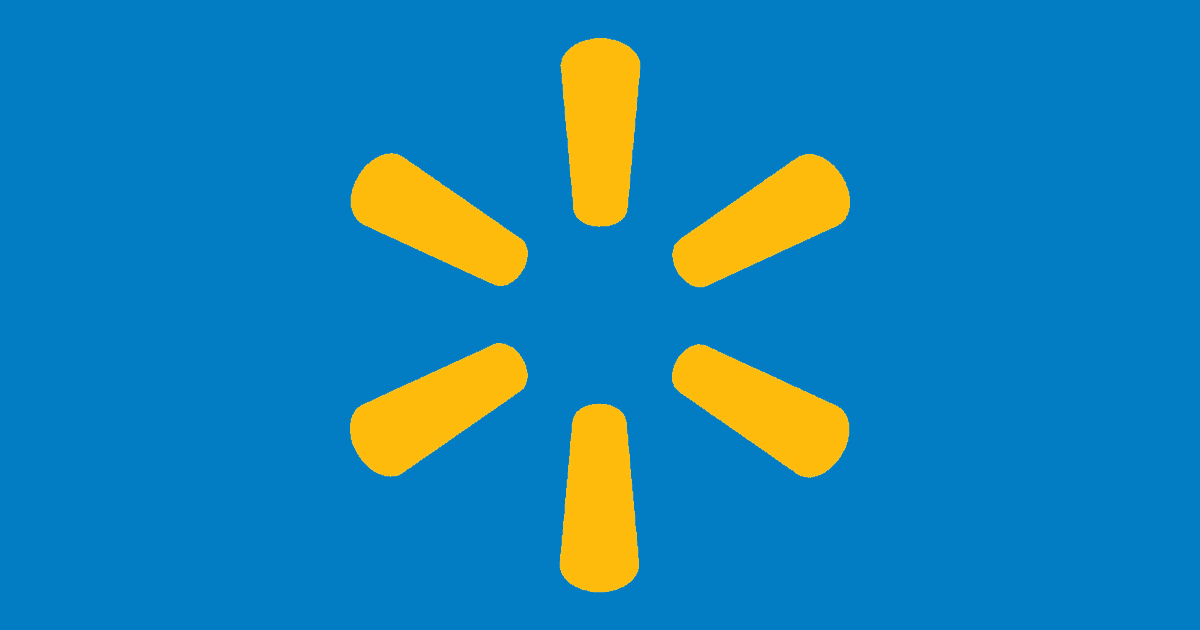
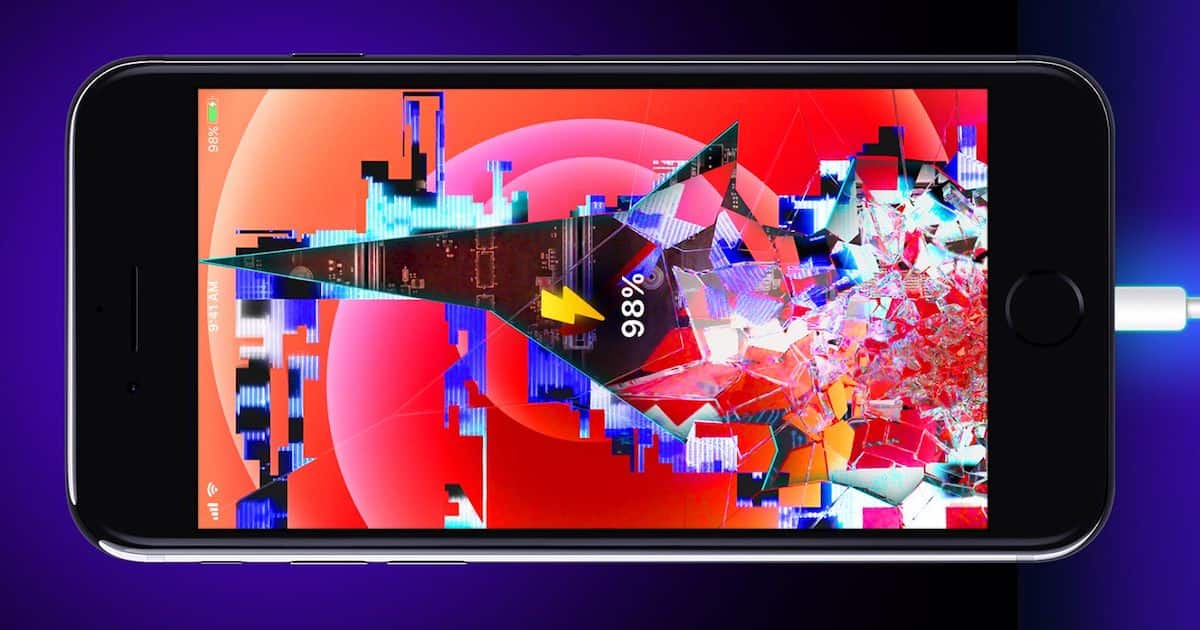
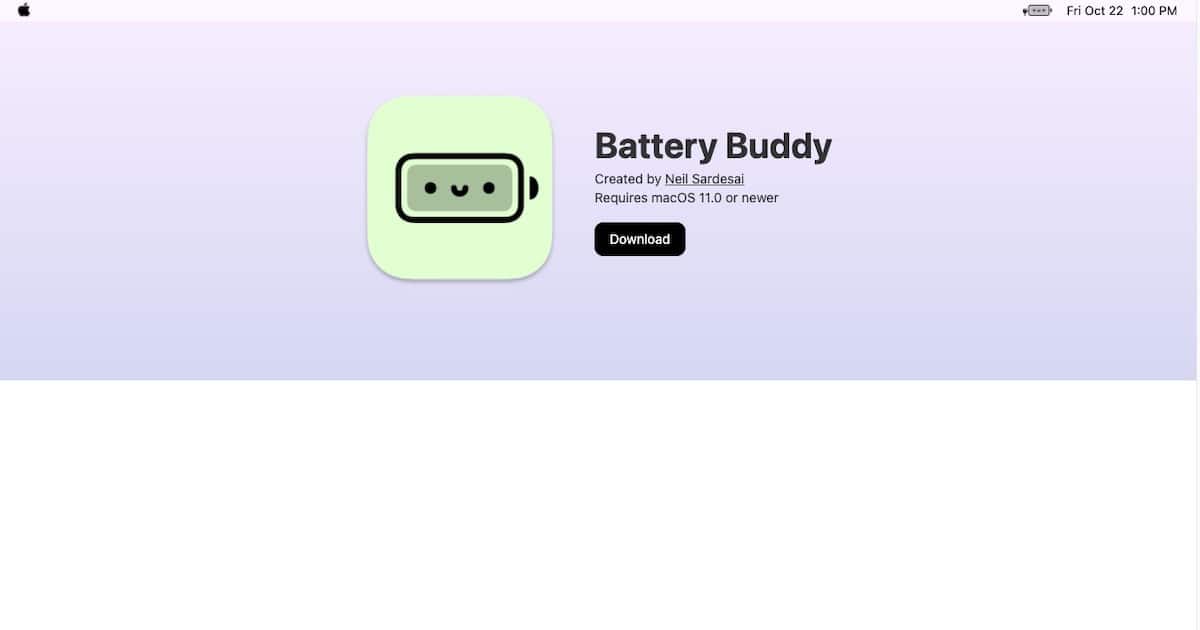
![Apple Card Offered Six Percent Cashback in Error [Update]](https://www.macobserver.com/wp-content/uploads/2019/08/workfeatured-apple-card-phone.jpg)
